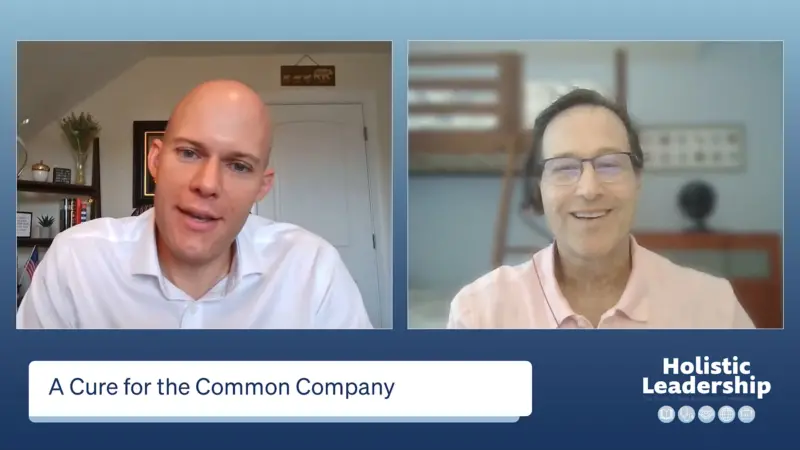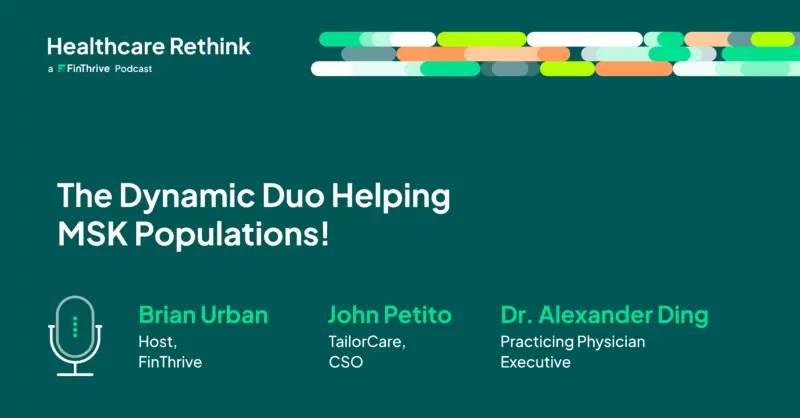Mastering Revenue Cycle Management: The Key to Thriving in Dallas-Fort Worth’s Healthcare Boom
In an episode of Highway to Health shot at the iconic Billy Bob’s, David Kemp and healthcare veteran Kelly Strong dissected Dallas-Fort Worth’s evolution into a healthcare powerhouse, fueled by rapid population increases and a business-friendly environment. During the enlightening conversation, Strong highlighted the importance of mastering revenue cycle management and identified it as the cornerstone of DFW’s healthcare sector growth.
Strong, who currently serves as the Senior Vice President of Healthcare Operations, Revenue Cycle Improvement, underlined how DFW has not only attracted healthcare providers and startups but has also become a fertile ground for technological advancements in patient care. While outlining the challenges healthcare providers face, such as managing denials and integrating disparate technological systems, Strong’s narrative underscored the necessity of mastering revenue cycle management and adopting comprehensive strategies to ensure financial stability and foster patient trust.
Article written by MarketScale.



